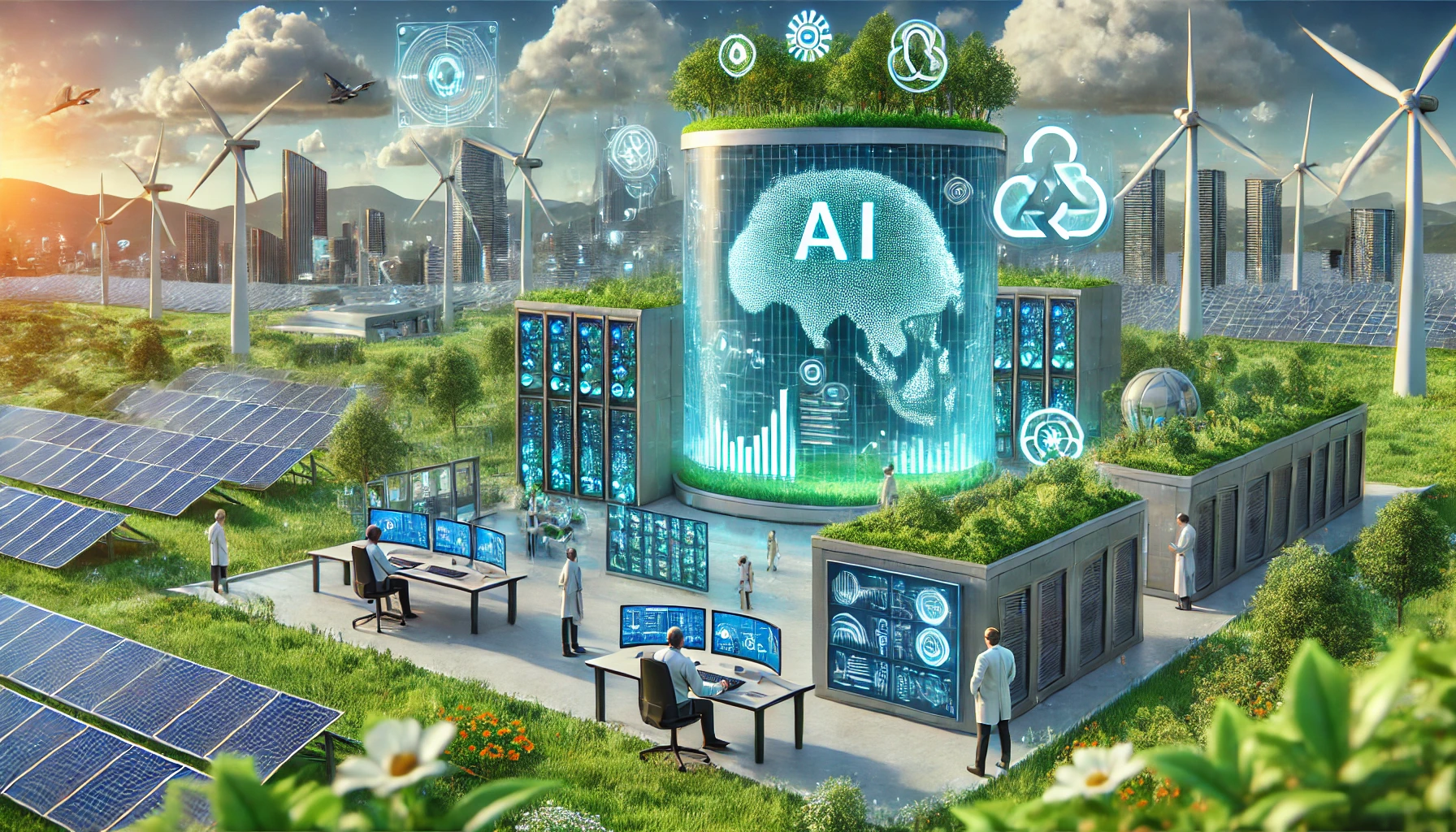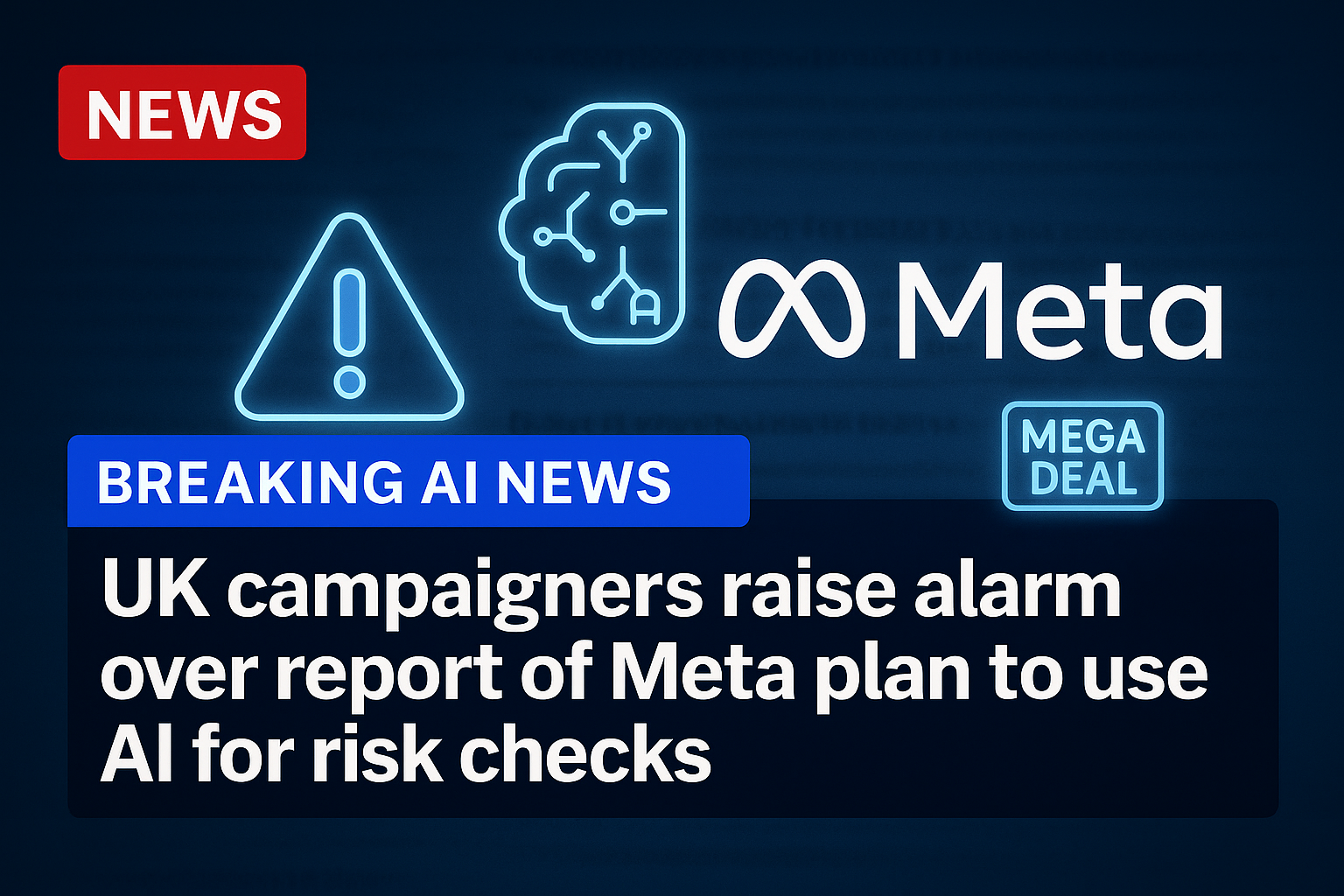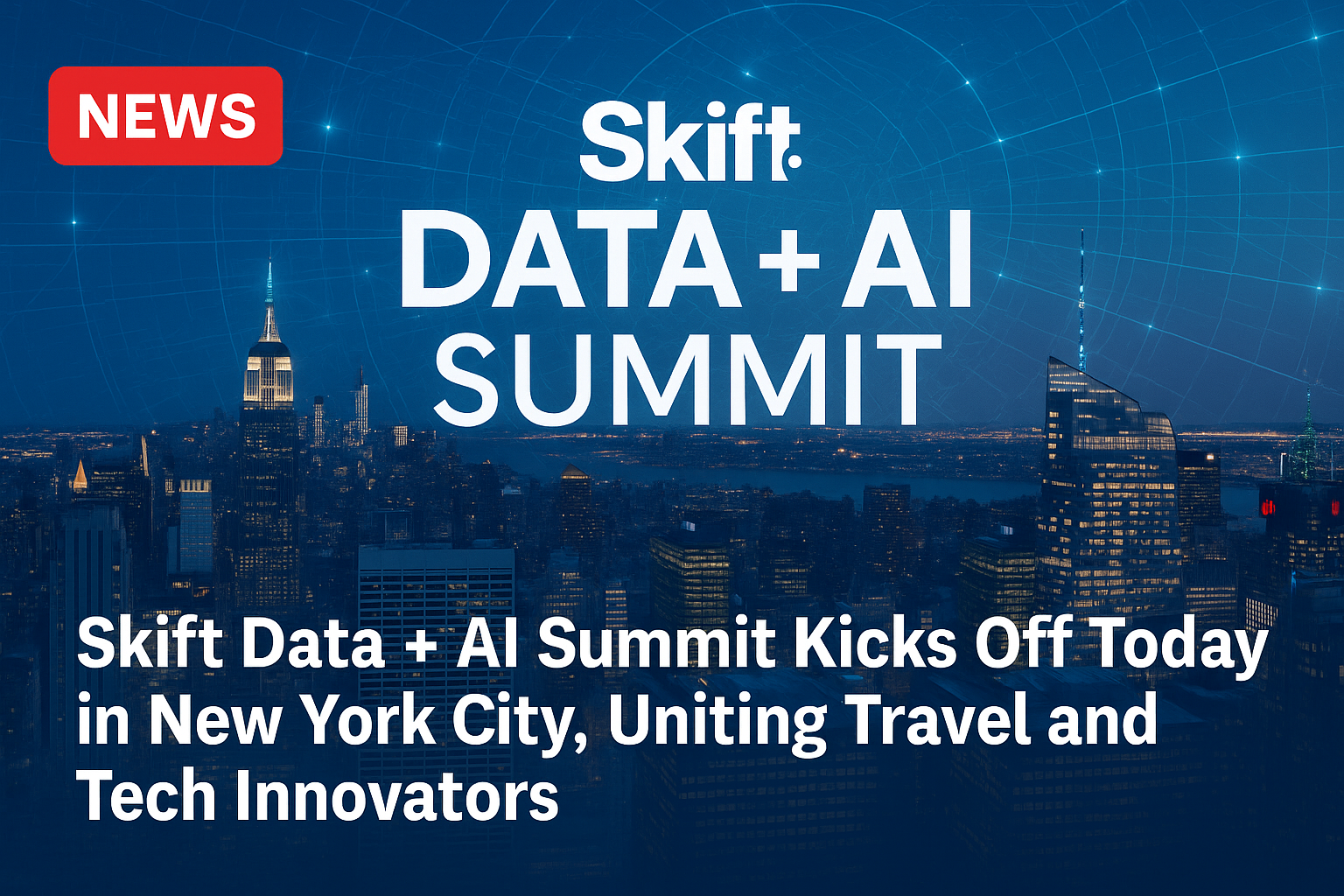As artificial intelligence (AI) continues to transform industries, integrating sustainability into AI strategies has become essential for businesses aiming to maintain competitiveness and adhere to evolving regulations. Neglecting sustainable practices in AI development can lead to reputational damage and non-compliance with emerging environmental standards.
The Imperative of Sustainable AI
The rapid advancement of AI technologies has led to increased energy consumption and electronic waste (e-waste), prompting concerns about their environmental impact. Governments worldwide are enacting regulations to mitigate climate change effects, such as the European Union’s Circular Economy Action Plan (CEAP), which emphasizes sustainable resource use and waste reduction. Analysts, including Gartner, have identified energy-efficient computing as a top technology trend for 2025, highlighting the growing importance of sustainability in AI development.
Risks of Overlooking Sustainability
Businesses that fail to incorporate sustainability into their AI infrastructure risk falling behind in a market increasingly focused on environmental responsibility. Such companies may face reputational challenges, being perceived as lagging in adopting eco-friendly practices. Additionally, non-compliance with environmental regulations can result in legal and financial penalties. For instance, improper recycling of electronic devices can lead to negative public perception and loss of business opportunities.
Building a Sustainable AI Framework
To align with sustainability goals, businesses should develop AI frameworks that promote operational efficiency and environmental stewardship. Implementing technologies that minimize energy consumption is crucial for regulatory compliance and achieving broader sustainability objectives. Adopting energy-efficient solutions can also help organizations future-proof against market volatility by reducing energy dependence and enhancing brand reputation in an eco-conscious market.
Available Solutions
Numerous solutions exist that balance high processing capabilities with sustainability efforts. For example, partnerships between technology providers have led to the development of servers prioritizing energy efficiency, enabling businesses to pursue innovation without compromising environmental integrity.
Industry Insights
The International Data Corporation (IDC) has noted a trend toward Sustainable AI Frameworks, focusing on minimizing AI’s environmental impact through energy efficiency, resource optimization, and e-waste reduction. As AI innovation accelerates, businesses that embed sustainability into their AI strategies are likely to lead the market, while those that do not may struggle to keep pace.
In conclusion, integrating sustainability into AI initiatives is no longer optional but a critical component of business strategy. By prioritizing sustainable practices, companies can ensure compliance with regulations, meet customer expectations, and support long-term growth in an environmentally conscious world.
For more updates on sustainable AI practices and industry developments, visit Breaking AI News.





